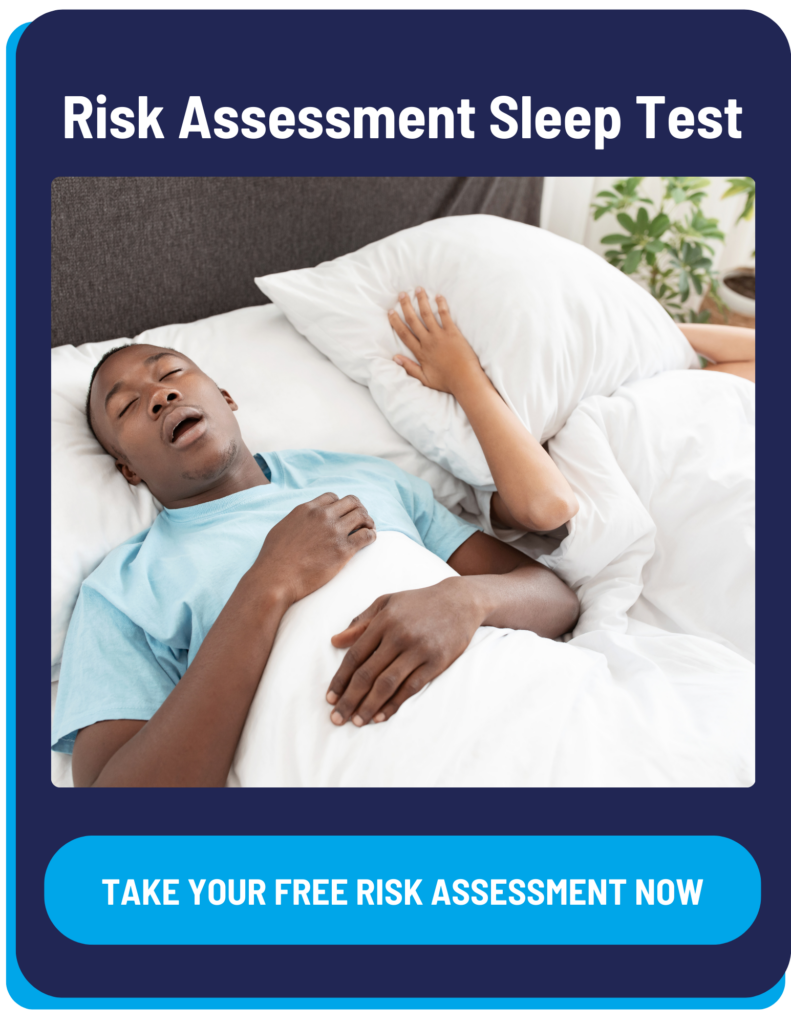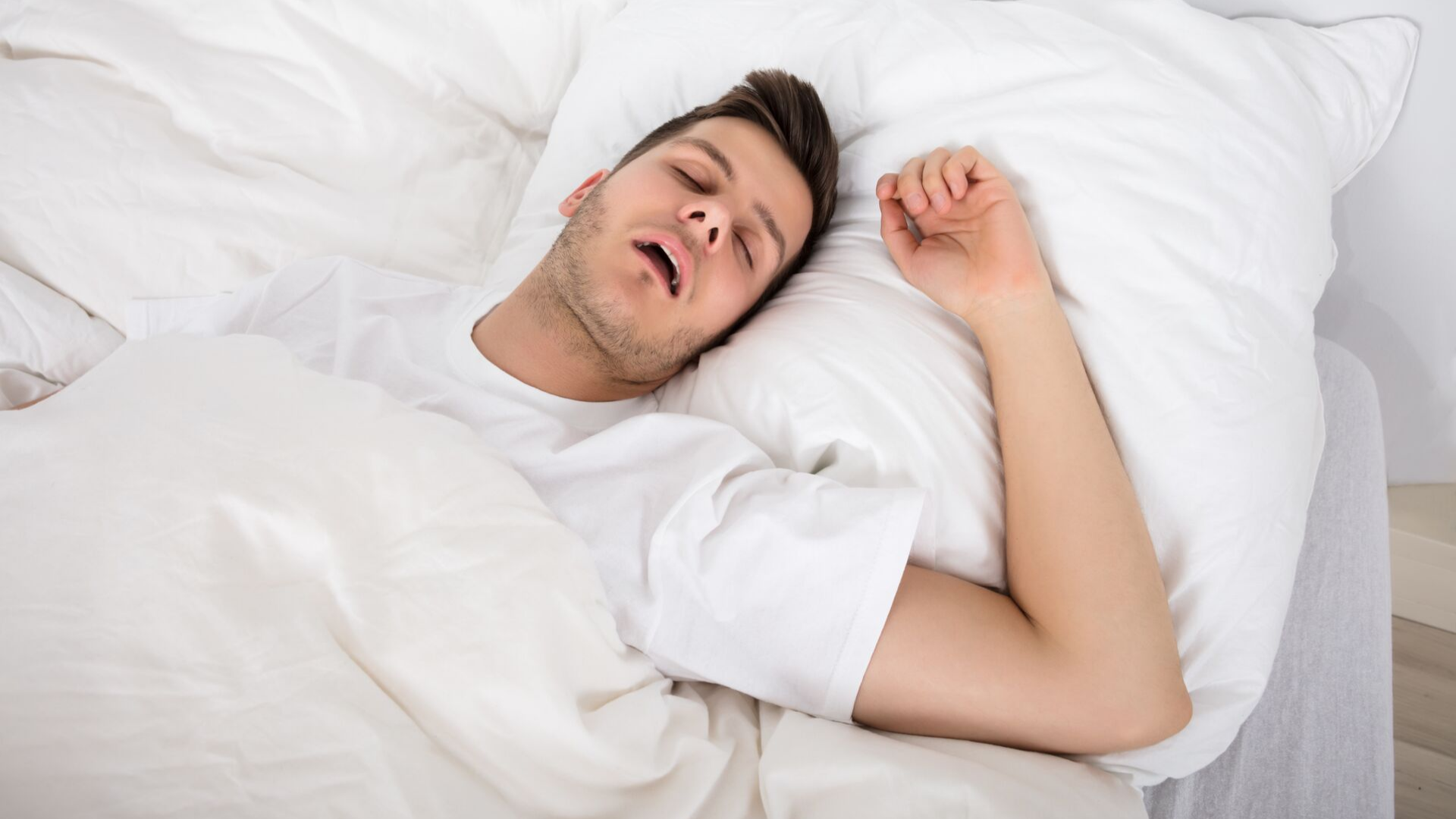
Obstructive sleep apnea (OSA) is a common sleep disorder. If left untreated, it can pose some serious health risks. Cardiovascular disease, stroke, and type 2 diabetes are just some of the health risks in relation to sleep apnea. Once diagnosed with OSA and prescribed continuous positive airway pressure (CPAP) therapy, it is important for the patient to commit to treatment. Unfortunately, up to 50% of people prescribed CPAP either don’t use the therapy as prescribed, don’t use the therapy at all, or discontinue therapy after a period of time.1
What is CPAP Compliance?
Compliance refers to adhering to the minimum use guidelines of CPAP therapy. This is often considered at least 4 hours of CPAP therapy a night for 70% of nights in any given time frame. Research indicates that at least 6 hours of CPAP usage per night is needed to reduce the health risks of OSA.2 However, it may take 4-6 weeks to adjust to CPAP therapy.
Why is CPAP Compliance Important?
CPAP compliance means that you receive the right amount of CPAP therapy for your sleep apnea. The compliance data for CPAP therapy is not arbitrary and is the minimum amount of therapy required. The amount is both researched and determined to ensure that there are no chances of any dangerous cardiac problems or other consequences of untreated sleep apnea.
Are CPAP Machines Necessary?
In OSA, a patient’s throat muscles relax and as a result, the airway collapses. When this happens, the flow of oxygen is blocked and the brain responds by jolting the body awake. CPAP therapy reduces these apnea episodes by preventing the airway from collapsing. A CPAP machine delivers a continuous flow of pressurized air to keep the airway open throughout the night.
Can CPAP Therapy Cure Sleep Apnea?
Sleep apnea is, in most cases, a lifetime disorder. CPAP therapy does not cure obstructive sleep apnea, but it can greatly reduce the symptoms and side effects brought on by OSA. In addition to eliminating daytime fatigue and irritability, CPAP compliance can improve the ability to concentrate and focus, as well as react. Long-term health benefits are significant and can impact neurological, cardiovascular and endocrine comorbidities. For example, CPAP compliance can help lower blood pressure over time and possibly cut down the need for medications in patients with hypertension.3
Is it Dangerous to Stop Using CPAP? – CPAP Non-compliance Consequences
Untreated obstructive sleep apnea is linked to serious and sometimes fatal and chronic health complications, including high blood pressure, insulin resistance, cancer, stroke, and also increased risk of a heart attack.4 Sleep apnea can even cause sudden death.
CPAP is not a ‘whenever you feel like’ treatment and needs regular usage for proper results and better sleep. If you stop using your CPAP on a whim, you can go back to the original sleep disorders.
What Happens if I Stop Using My CPAP Machine?
As previously mentioned, CPAP machines prevent apnea events by providing the user’s airway with pressurized air throughout the night. If you stop using your CPAP, the airway will collapse during sleep, preventing oxygen from traveling to your brain and lungs. This will cause overall blood oxygen levels to drop and feelings of extreme fatigue, fogginess, and irritability will start becoming more common.
CPAP non-compliance can also increase your risk of other long-term health problems commonly associated with untreated sleep apnea. It is important to maintain consistent CPAP therapy to experience the full benefits.
What Causes CPAP Compliance Failures?
Here are some major issues that lead to CPAP failure that are beyond your control:
- A deviated septum, swollen turbinates, or problems with the upper palate can make CPAP therapy impossible
- Congestions caused by seasonal allergies make it difficult for CPAP users to breathe
- Additional sleep disorders or specific cardiac or pulmonary problems require a different approach to sleep apnea treatment
How Many Hours Per Night Should CPAP Be Used?
Typically, at least 6 hours of treatment per night is recommended to reduce the long-term health risks of sleep apnea.2 However, every case of sleep apnea and every patient is different, so it is important to comply with your physician’s recommendations. For most insurance companies, compliance is considered at least 4 hours of use, 70% of the time.
Do I Have to Use CPAP Every Night?
Yes, CPAP therapy is a lifestyle change and must be adhered to every night. There is no cure for sleep apnea and the best and most effective treatment is continuous CPAP use. Even while traveling, users also have the option of portable CPAP machines to continue their therapy wherever they are.
Does CPAP Make You Sleep Better?
Continued CPAP compliance will result in more restful sleep. CPAP therapy prevents apnea episodes, therefore allowing the body to rest throughout the night without jolting awake multiple times an hour. This allows for deep, restorative sleep.
What is the Average Pressure for CPAP?
Most patients need a CPAP pressure between 6 and 15 cmH2O. This measure suggests centimeters of water, which can be confusing. However, sleep specialists use this standard measurement to gauge air pressure as well. In most cases, a physician will recommend an auto CPAP machine that works within a pressure range to automatically deliver the minimum amount of therapy needed to keep the airway open throughout the night.
How Many Apneas Per Hour is Normal?
Sleep apnea severity varies. A patient with mild sleep apnea may experience 5 to 14 apnea events per night. More severe cases may experience 30 or more events, which can really impact daytime productivity and long-term health.
Taking Steps for Treatment
Sleep Care online offers comprehensive sleep care, from diagnosis through treatment, all from the comfort of your home. Here’s how it works:
- With the Complete Care Package, schedule a 10-minute telehealth visit with a healthcare provider to discuss your symptoms, upcoming sleep study, test results, and treatment options.
- A multi-night, disposable home sleep apnea test is mailed to your home to be completed at your convenience.
- A physician analyzes the sleep data and provides a prescription if needed.
- Schedule an optional follow-up appointment (additional fee applies).
- We connect you to sleep experts who can offer customized sleep therapy options, assistance in equipment purchase, and initial set-up.
If you would like to learn more of have any questions, call us at 866-465-4478 or email us today to get started.
References:
- Wickramasinghe H. Obstructive Sleep Apnea (OSA) Treatment & Management. 2019 Mar 22.
- National Sleep Foundation. CPAP 101: Expert Tips for Getting Started with Continuous Positive Airway Pressure (CPAP) Machines. Accessed February 2020.
- National Sleep Foundation. Sleep Apnea and Heart Disease. 2016. Accessed November 2019.
- Mayo Clinic. Obstructive Sleep Apnea Symptoms and Causes. Accessed November 2019




